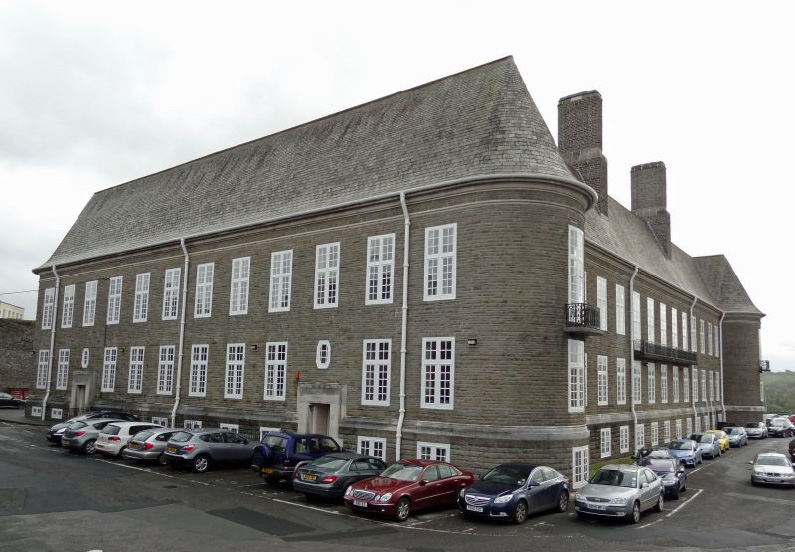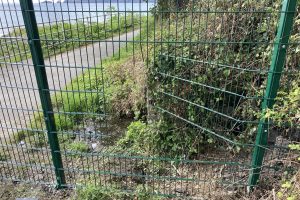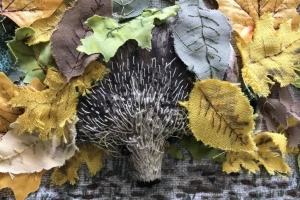COUNCILLORS in Carmarthenshire have been invited to accompany council officers on a search of a suspected illegal dog breeding premises to help them understand the subject better.
Aled Thomas, the council’s business and regulation lead officer, made the suggestion during a scrutiny committee meeting in which councillors agreed to undertake a review of dog breeding in the county.
Mr Thomas said illegal dog breeding had been “a huge issue” in Wales and the UK since before the Covid pandemic in 2020, and that both demand for and the cost of dogs had increased.
It was reiterated at the meeting that there was a big difference between legal, licensed dog breeding and illegal, unlicensed activities. “Our aim is to prevent illegal breeding,” said Mr Thomas.
Councillors on the place, sustainability and climate change scrutiny committee said they didn’t wish to go after licensed breeders when a task and finish group it sets up starts the review.
A report before the committee said Carmarthenshire has 71 licensed dog breeders – among the highest in England and Wales – and that around 10 of them had more than 100 dogs. It added that dog breeding had become an important source of income for diversifying farmers.
Cllr Gareth Thomas – a farmer himself – said the one or two farmers he knew who had a dog breeding licence did an excellent job. “We need to focus on the ones who have not been licensed,” he said.
The committee – although it had a different name then – agreed to review dog breeding in 2019 but it didn’t happen because of Covid, among other reasons. The task and finish group will analyse what work the council does in this area and make recommendations to cabinet.
The council has an animal health team of 7.8 full-time equivalent animal officers. The team deals with a range of work, from licensing to animal disease, slaughterhouse surveillance to food chain traceability, and pet shops to horse riding establishments.
Officers also monitor online selling platforms to identify potential illegal breeders. The report said: “With tens of thousands of dogs being traded from the county it makes it complex and resource intensive to monitor. Currently we have more dedicated resources than many counties but not nearly enough to meet public expectation of the service in regulating such a dynamic and complex industry.”
Some illegal dog breeders could earn as much as £10,000 to £15,000 per month, said the report. The review will seek input from outside groups, including animal health charities and Dyfed-Powys Police.
Cllr Russell Sparks said he would like Many Tears Animal Rescue, based in Gorslas, to be involved. “They look after in excess of 3,000 dogs a year,” he said. “Many of the dogs they care for are ex-breeders who have been used for profit and then dumped in an animal rescue centre.”
Committee chairman, Cllr Kevin Madge, recommended that the review also considered small-scale dog breeding in people’s homes, including social rented ones.
“As (elected) members we get a lot of complaints about barking – we know what’s going on,” he said. Of the forthcoming review, Cllr Madge said: “I think this a good piece of work. It needs to be done.”


















